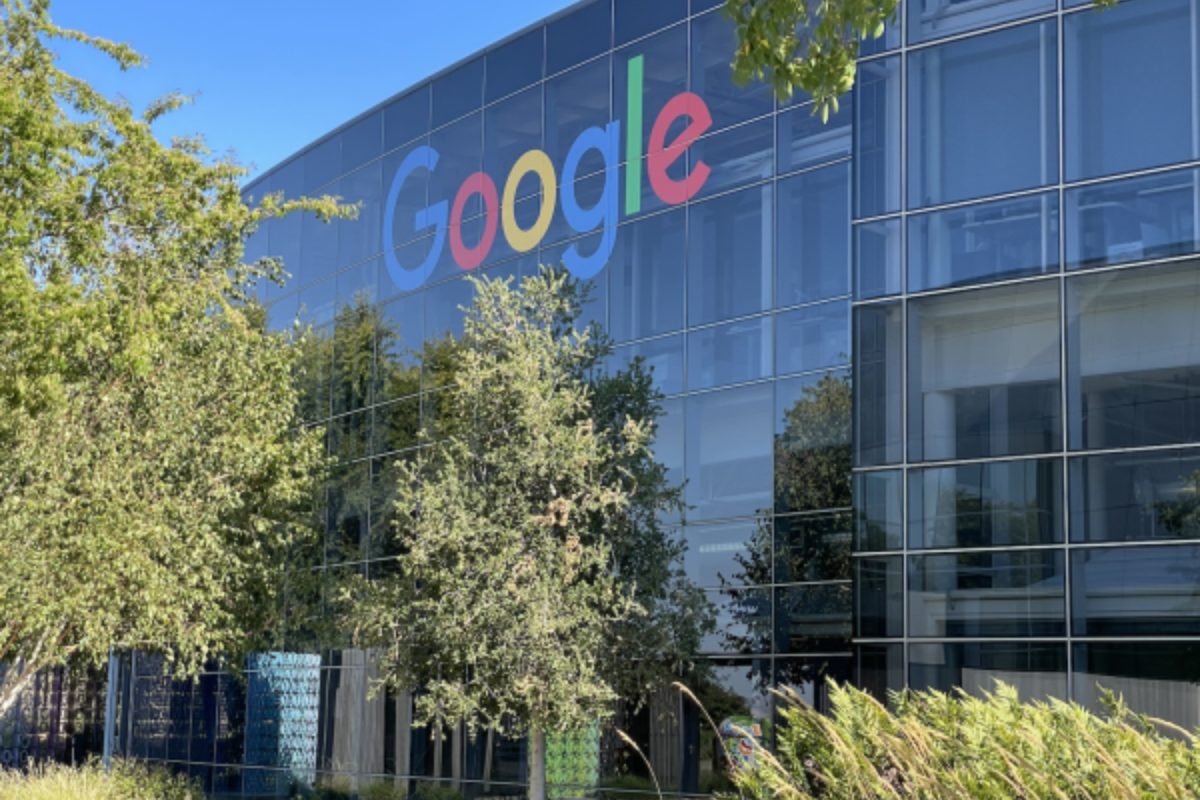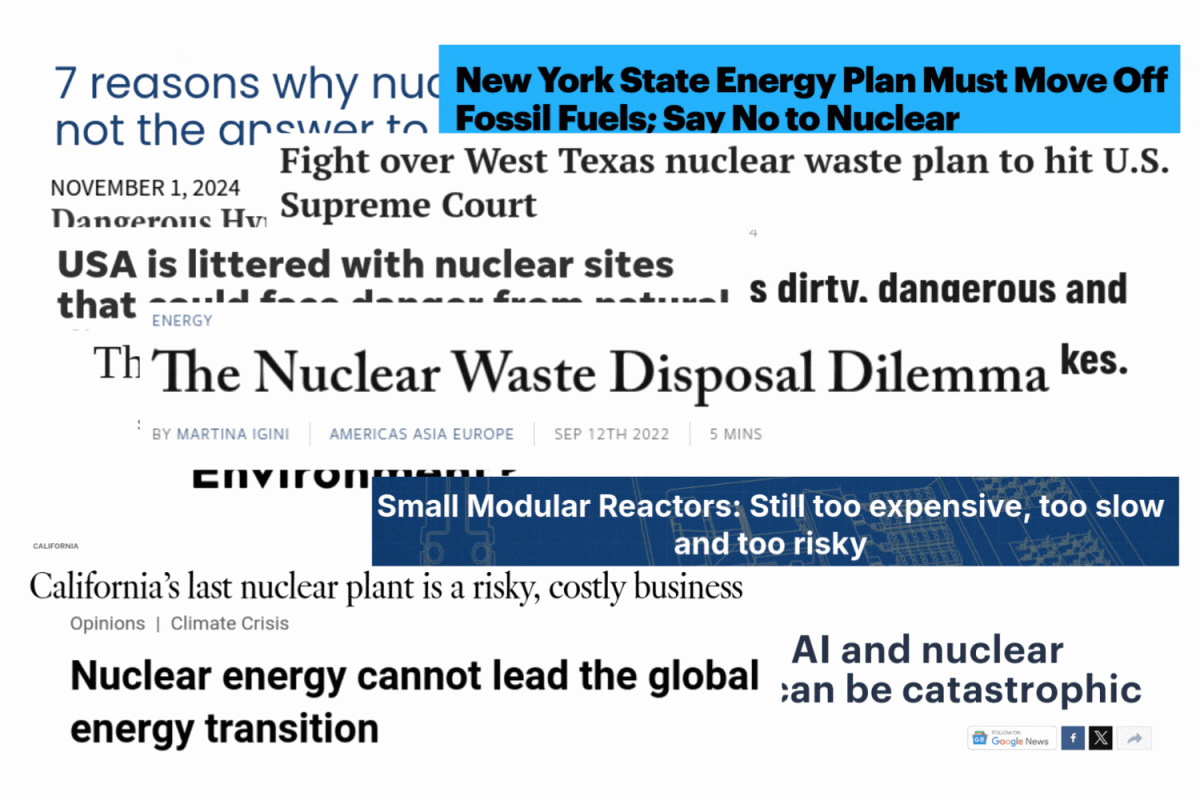Google paid around $26.3 billion to be the default search engine on browsers and iPhones in 2021. This left consumers with no choice but to use Google as their search engine.
The District of Columbia district court judge Amit Mehta used this information as an example to rule that Google illegally maintained a monopoly in markets for general search services and general search text advertisements.
As The Department of Justice (DOJ) is considering options for handling the situation, the best approach would be to break up Google to curtail its monopolistic behavior.
Google owns a 90% share of the search engine market. Due to this dominance, Google is able to increase prices for advertisers without consequences. Consumers are also impacted because Google can delay innovations and privacy features that users want when searching online.
In his case against Google, Mehta wrote, “These are Fortune 500 companies, and they have nowhere else to turn other than Google.”
On top of that, Google has maintained its monopoly by paying to make its search engine the default. The Justice Department alleges that Google’s massive payments for its default status show how much Google values maintaining a monopoly.
Splitting Google into smaller companies would reduce its control over different parts of the market. They would no longer have a 90% market share in general text advertising, benefiting advertisers by lowering prices and providing privacy to consumers. Additionally, this would make it harder for any single company to dominate the market.
According to a recent article, the DOJ’s other options include mandating that Google abandon deals that make its search engine the default option or forcing Google to make its data available to rivals.
Unlike imposing fines or regulations on Google, breaking up the company creates more competitors, leading to more innovation and fairer practices. It will also prevent Google from using its power in one area, like search, to control other areas, like advertising. In addition, Google will no longer have the power and money to pay to be the default search engine.
Many opposers to the idea of a split believe that Google will become a worse product for consumers, but they fail to realize that the best products are created in a competitive marketplace. Should a breakup occur, Google will have more operating constraints, creating opportunities for new companies to enter the market and, therefore, allowing for innovations that make consumers’ lives easier.
The split would most likely separate Chrome, Google’s web browser, or Android, Google’s software for smartphones. According to Judge Mehta, Chrome and Android use Google as the automatic search engine, fueling the company’s dominance.
On their own, Chrome and Android could easily be worth billions of dollars, creating significant new financial opportunities for investors while fueling innovation at the companies.
Figuring out how to split up Google could be a daunting task that takes years. However, a breakup could also set a precedent for other companies facing antitrust cases–like Apple, Amazon, and Meta–by demonstrating that monopolistic behavior is not taken lightly.
Ultimately, a breakup of Google would positively impact consumers and competitors, making it the right thing to do.
For more information on Google’s situation, watch the following video: Could Google Be Broken Up?
































